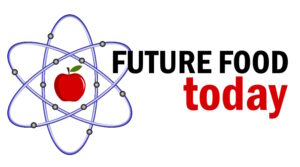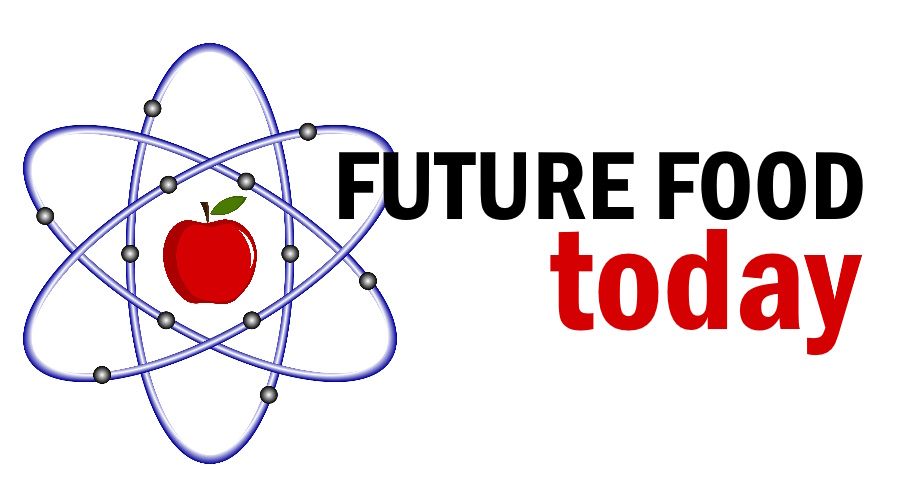Future Ocean Foods, a new global seafood association dedicated to supporting and accelerating the alternative seafood industry, has been unveiled with an inaugural membership base of 36 companies across 14 countries, including the US, Canada, the UK and Singapore.
Spanning plant-based, fermentation and cultivated food and technology, Future Ocean Foods members are united in their mission to promote food security, human health, environmental sustainability and ocean conservation. Future Ocean Foods is dedicated to fostering diversity and inclusion, with 40% of its member base comprised of women founders.
Alternative seafood is a relatively nascent but fast-growing industry, aiming to solve key challenges facing the growing global demand for protein. Future Ocean Foods members have received significant venture capital from the world’s leading food and climate investors, and are already working with large legacy seafood companies to create sustainable food options.
There have been recent developments in advancing the taste, texture, nutrition and price of seafood alternatives. Invested capital into the space grew 92% from 2021 to 2022 and US retail sales grew 42% over a similar period. The worldwide plant-based food market is expected to surpass $100 billion by 2030, and the alternative seafood industry is poised to capitalize on this.
Seafood alternatives
Future Ocean Foods members are using plants and cells to help create seafood alternatives ranging from whole-cut salmon filets, sushi-grade tuna, smoked salmon, flaky white fish, shrimp, crab, calamari and more. Alternative seafood is an investable industry, in part because there are so many different species to develop. It moves the alternative protein industry beyond the burger and the nugget, and past North American diets, which is crucial, as more than 3 billion people around the world eat seafood as their primary source of protein.
“This is an incredible moment in time for the future of food and our oceans,” said Marissa Bronfman, founder and executive director of Future Ocean Foods.
“Alternative seafood offers us the opportunity to build a more delicious, nutritious, sustainable and ethical global food system. I am humbled and hugely excited to be working alongside these visionary founders and pioneering companies to revolutionize the seafood industry, and am emboldened by the spirit of collaboration among our members. We all embrace the adage: ‘a rising tide lifts all boats.'”
Food and climate
Future Ocean Foods said the importance of ocean conversation and restoration cannot be underestimated: the oceans cover 71% of the globe’s surface, represent the planet’s largest carbon sink and generate 50% of the oxygen on Earth. Ocean warming and acidification, algae blooms, coral bleaching, mercury levels and the presence of microplastics, as well as enormous problems with antibiotics, disease, animal welfare and bycatch, are causing extreme and rapid loss of biodiversity and marine life, and threating international food supplies.
The global seafood industry is projected to surpass $700 billion by 2030, however wild catch and aquaculture simply cannot – and should not – fulfil this demand, the new organisation said.
Activities and collaborations
Future Ocean Foods has mapped out a plan that covers a wide spectrum of areas and activities in traditional and alternative seafood sectors. It will work to increase product trials and deepen market penetration, as well as help raise the nutritional profile of alternatives with a focus on protein and omegas.
Members are keen and committed to working with traditional seafood companies and organizations, to help them diversify their offerings, create sustainable solutions and promote jobs and economic prosperity in regions and among communities historically reliant on the seafood sector. Future Ocean Foods is looking to spotlight member companies at international food and climate events, and is planning a global event to unite alternative seafood startups, investors, government groups, trade associations, traditional seafood companies and organizations, as well as representatives from retail, foodservice and grocery.
Global partnerships
Future Ocean Foods is partnering with three organisations working to transform the global food system. The Good Food Institute (GFI), a nonprofit think tank and international network of organizations working to make alternative proteins delicious, affordable, and accessible, will support Future Ocean Foods as a Knowledge Partner. ProVeg International is a food awareness organization operating across four continents, with the goal of replacing 50% of all animal products with plant-based and cultivated products by 2040, and The Global Organization for EPA & DHA Omega-3s (GOED) works to increase consumption of quality omega-3s, a necessary ingredient for many seafood alternatives.
Future Ocean Foods member companies are: Akua (US), Algarithm (Canada), Aqua Cultured Foods (US), Atlantic Fish Co. (US), Avant Meats (Singapore), Bettaf!sh (Germany), Boldly Foods (Australia), By2048 (Canada), Current Foods (US), FoodSquared (UK), Good Catch (US), Hooked Foods (Sweden), Impact Food (US), Infusd Nutrition (Canada), Konscious Foods (Canada), Koralo Foods (South Korea), Loki Foods (Iceland), Mara (Canada), Mindblown by The Plant Based Seafood Co. (US), Natures Crops (UK), New School Foods (Canada), Ordinary Seafood (Germany), Oshi (Israel), Poseidona (Spain), Revo Foods (Austria), Save Da Sea (Canada), SeaSpire (India), SeaVoir (US), Seed To Surf (Canada), Simpliigood (Israel), Smallfood (Canada), Sophie’s Bionutrients (The Netherlands), SoundEats (US), Umami Bioworks (Singapore), Vegan Finest Foods (The Netherlands), Wicked Kitchen (US).
Jim Cornall is editor of Future Food Today and publisher at Ayr Coastal Media. He is an award-winning writer, editor, photographer, broadcaster, designer and author. Contact Jim here.




